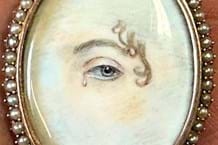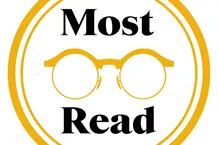His Bill proposes the tightening of the law on stolen cultural objects with a view to reducing the incentive to trade in them.
Currently, unless an object could be traced back to its original owner, no one can be prosecuted if it proves to be stolen. Mr Allan’s Bill would change that, which would make it slightly easier to proceed with prosecutions but is unlikely to have a big impact.
However, as has often proved the case with legislation, it is the attempt to define a cultural object that could create the biggest headache across the art and antiques trade as a whole.
The Bill defines a cultural object as “an object of historical, architectural or archaeological interest”, and defines it as being tainted if it has been removed or excavated in circumstances where an offence was committed under local law by doing so.
All these terms would appear to be too loose not to embrace a far wider set of circumstances that could unintentionally damage legitimate business elsewhere.
But Ms Jowell’s sights are set very clearly on the immediate issue of Iraq: “By strangling the market for tainted Iraqi property, I hope we can remove the incentive for further looting of sites and museums,” she announced. “I have spoken to the Chief Whip and the Business Managers at the House and we will do what we can to hurry this important legislation through.”
As another part of her plan, Ms Jowell has contacted the main trade bodies for the art market to remind them of their responsibilities and asking for their help in preventing illegal trade. As Antiques Trade Gazette reported on the front page of Gazette No 1586, the trade bodies have been proactive in sending out warnings to members. There has, however, been no mention from the Culture Secretary on whether she is prepared to look at the Home Office database issue once more. The Gazette has been only one voice among several in calling her to do so.
Antiquities Bill wins Government backing
Potential impact on legal trade still not clear: Culture Secretary Tessa Jowell has set out a five-point plan for the future protection of cultural objects in the light of the looting in Iraq. Central to the plan is the adoption of MP Richard Allan’s Private Member’s Bill, which failed to proceed in parliament earlier this year.




